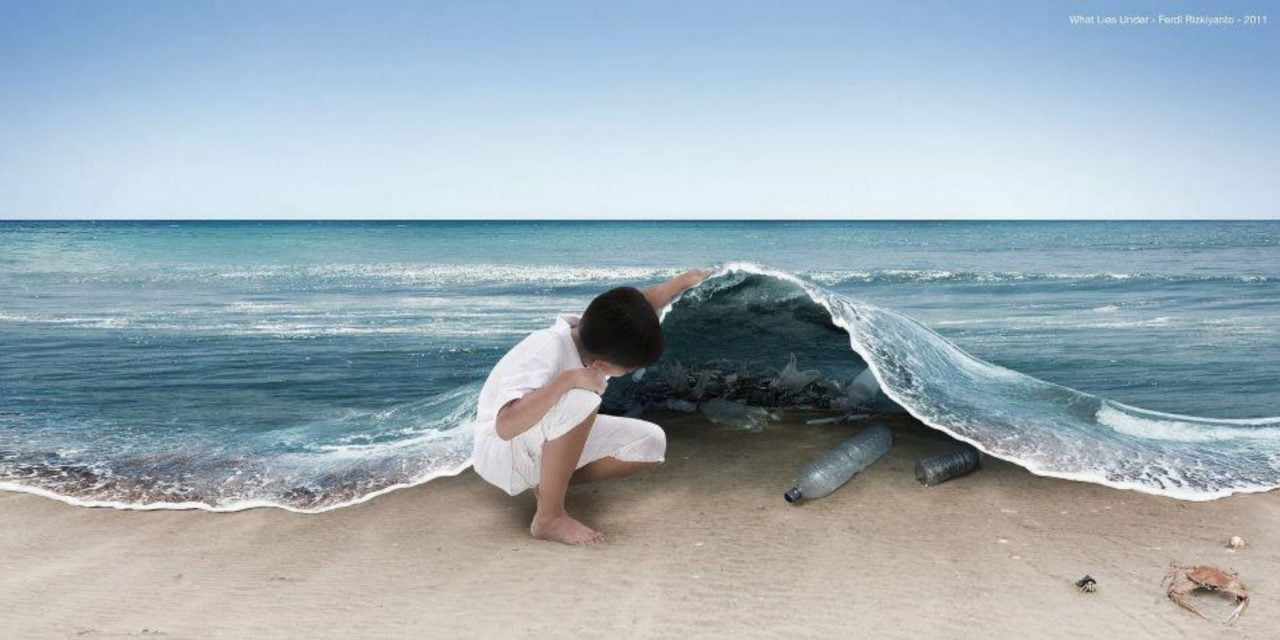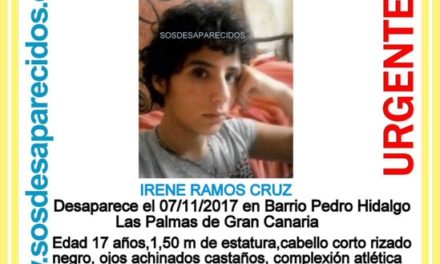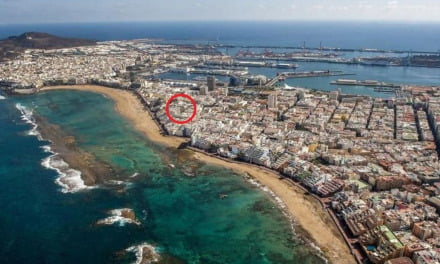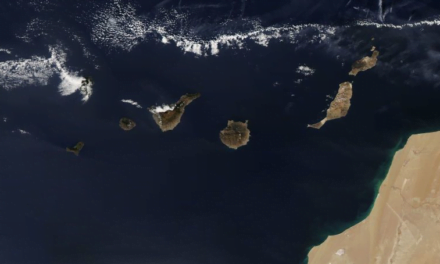Gran Canaria is no stranger to the ocean, most people here freely profess their deep love for it, yet sadly the majority appear to have little knowledge or understanding about the harm that is done on a daily basis simply from discarded single use plastics and other toxic waste which ends up in the sea.
It is worth remembering that every single piece of plastic you have ever used, touched or laid eyes on, every piece that has ever been made, pretty much still exists somewhere, and it will take somewhere between 100 & 1000 years to break down, potentially wreaking environmental havoc along the way.
Over recent years a revolution has been occurring with major hotel chains beginning to at least see the value of advertising their green credentials, even if they don´t always go as far as we might like to do away with harmful single use plastics, or other toxic byproducts. Often they still use throw away cutlery, plates, straws and sauce sachets, though they may try to offset that by offering stylishly branded ‘bags for life’.
Some estimates suggest you would need to use your corporately produced and branded cotton “bag-for-life” a minimum of 330 times before it even started to offset the damage to the environment caused by that one plastic bag you replaced it with… we must choose our battles, so more on that another time…
Some really on-the-ball service providers and excursions companies here on the island have even begun to build their brands around ocean accessibility and ecology, striving to reduce their plastic waste where ever possible, in the hopes of one day totally eradicating their negative impact on our environment. But it is not easy. It takes real commitment.
Some of the best work is being done by tourism companies like the multi-award winning Afrikat 69, a smash hit luxury boat cruise that runs out of Puerto Rico, who only serve washable, reusable cups, plates and cutlery, and now even offer funky new biodegradable straws, that are completely edible, among other fun initiatives.
Blue Explorers Dive Centres, who have just opened their own unique eco-scuba resort in Playa de Mogán, focus on discouraging plastic usage, reducing waste throughout their entire operation, as well as among their guests, selling smart reusable straws and refillable, durable water bottles, along with many other Green/Blue ocean-saving ideas, even down to getting their suppliers to deliver ice cream in reusable stainless steel, rather than plastic tubs, and their top chef, fresh from the emerald isle himself, insisting on making all his dishes fresh, even down to the hand crafted Canary tomato ketchup and his outstanding wild mushroom soup (this guy is even picking and roasting his own wild pepper corns! How’s that for local produce! – Ed).
Other local initiatives include an innovative website aimed specifically at the tourism industry, TravelWithoutPlastic.com, where experts are on hand to advise on the many ways that tourist businesses and their customers can make a real difference to their plastics footprint; and then there is ascendant grass roots community group Oceans4Life.com who organise volunteer beach cleans and various other initiatives which they fund solely by offering eco-friendly alternatives for sale. (check out their world record attempt this coming June 9th to highlight World Oceans Day! – they are looking for as many nationalities to join as is possible to join)
These trailblazers are not alone, with those who make their living from the Blue Economy there is now a burgeoning Blue Tourism rapidly gaining attention due to professionals and enthusiasts alike having long stood at the vanguard of a global movement that has been gaining momentum for many years, having fought political and commercial systems staunchly resistant to change, so a revolution has now begun on Gran Canaria that we all can begin to play a much bigger part in.
What wonderful news then that the Canary Islands government has at last started to listen. And more importantly, to act.

The councilors of Sustainability and Economy of the Canarian Government, Nieves Lady Barreto and Pedro Ortega
The regional parliament is tabling legislation which will almost certainly result in the outlawing of all single use plastics, they are planning to announce a series of measures this summer aimed at ways to remove single use plastics from the islands. They are meeting with business leaders and other change-makers to agree a strategy by the end of this year to put them on track for the EU target of #NoMorePlastic by 2030.
All of this is thanks in no small part to innovators like those companies mentioned above, and not least in response to the Spanish Congress, in Madrid, last month having approved the eventual banning all single use plastic utensils, starting with stark reductions in the plastic content allowed in commercial products.
Spain’s Environment Commission has agreed to carry out necessary legislative amendments to prohibit the commercialisation, import and export of single-use plastic utensils (plates, glasses, cutlery, and straws) as of January 1, 2020 .
The text of the new bill was approved by all the political parties except the conservative PP (even despite their colour of choice being blue! ), with the three major opposition groups (PSOE, Podemos and Ciudadanos) proposing that all such utensils be manufactured using at least a minimum of 50% biodegradable materials from 2020, aiming to increase the minimum allowed to 60% by 2025.
Spain’s congress (similar in many ways to the UK house of commons or US house of representatives- Ed) have also agreed to provide the necessary measures to prohibit the free distribution of single use plastic bags, and to reduce or avoid altogether the consumption of plastics erroneously labelled as “oxobiodegradable“ or “oxodegradable”, as it has been shown that they simply do not degrade but in fact just fragment into ever smaller micro-particles, with the consequent risk for soil, water and living organisms.
They have also agreed to adopt necessary actions to reduce the commercialisation of food packaged in polystyrene trays, and for wet wipes manufacturers to clearly notify their customers that they can not be flushed down the toilet, because they are not biodegradable like toilet paper.
Juan Lopez de Uralde, the deputy for Equo-Podemos, has been promoting the initiative and has underlined that half of the plastic containers used in Spain end up in landfill without being recycled, if not ending up elsewhere in the environment.
















